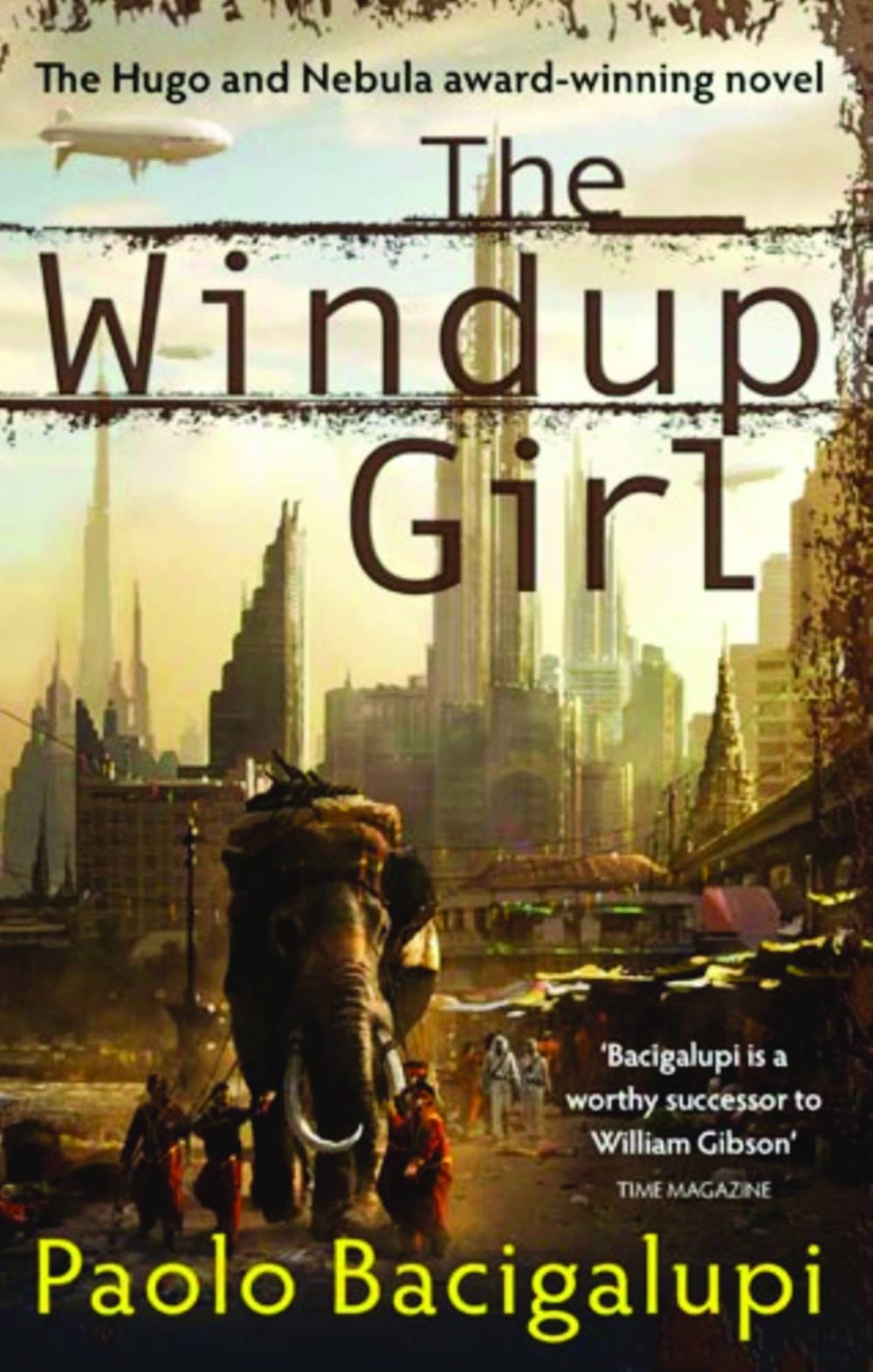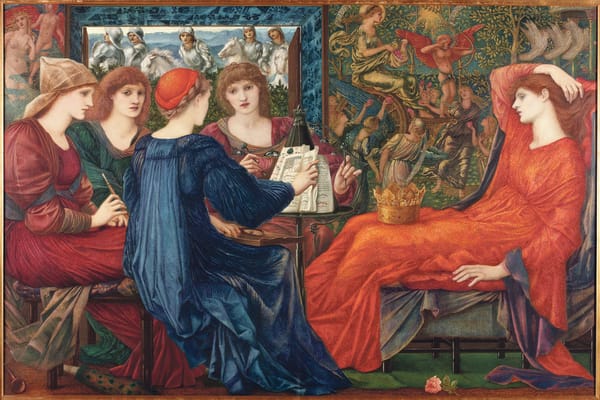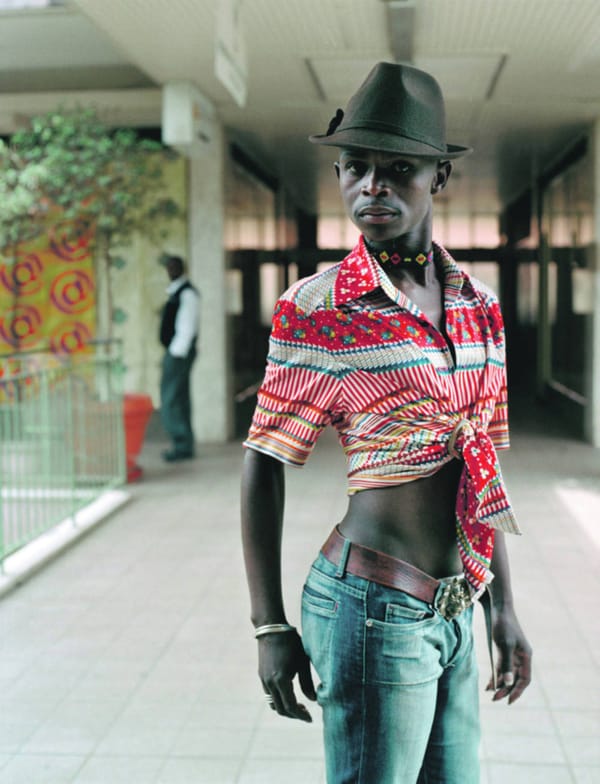A ‘biopunk’ Nineteen Eighty-four
Gene-hacking in a dystopian future

Biopunk has always been considered a mere sub-genre. But recently things are beginning to change. As genomics and biotechnology are becoming more integral in our lives, there is more interest in biotech speculative fiction. All biopunk needs is a landmark book that lifts it from its ‘sub-genre’ label. Paolo Bacigalupi’s The Windup Girl, which recently became the latest recipient of the ‘double crown’ in science fiction (refer to article by the side) might just be the book that biopunk is looking for. It’s quite something for a science fiction piece to be considered by TIME magazine to be a top 10 read of the year.
The Windup Girl is Bacigalupi’s debut novel, although he has established himself as a sci-fi short story writer. The story is set in the near future where the exhaustion of fossil fuels led to a ‘contraction’ across the globe and climate change submerged major cities. Bio-engineered plagues ravaged most of Earth’s biodiversity and is a constant threat to crops and human life.
Biotech mega corporations are the dominant power; they wield the brains and genetic resources to stay a step ahead in the dangerous genetic arms race against the blister rust plague by continuously creating new variants of blister rust-resistant crops and vaccines. Dubbed ‘calorie companies’ these corporations are despised and yet they determine the fate of nations with their crop seed monopoly.
Anderson is an AgriGen economic hitman masquerading as a kink-spring factory owner in Bangkok (in the post-oil world, energy is stored in kinkily-names springs that function like a battery). Anderson suspects that beneath the ingenuity of Thai gene-hackers, there lies a secret seed bank that provides them with the necessary genetic materials to build new variants of resistant crops, and the service of a rogue AgriGen gene-hacker. A fateful encounter with the alluring Emiko, a Windup Girl engineered for biological perfection would change everything.
The plot is gripping and tight. Bacigalupi manage to introduce an intricately complex future Thailand without compromising plot pace. The diverse cast of characters keeps the book fresh from beginning to end. Kudos to Bacigalupi as well for breaking the mould by setting a sci-fi story in a South East Asian country and for its eerily accurate portrayal of South East Asian politics and culture.
The Windup Girl is not just an imaginative piece of escapism; it is serious speculative fiction. It is a biological Nineteen Eighty Four: where George Orwell reminds us of the value of political freedom, Paolo Bacigalupi reminds us of the Eden we are stewards of and are squandering at an alarming rate.
The book gains an Inception-like flavour for its innovative ‘gene-hacking’ culture. Gene-hacking required intelligence and skill, and it’s the monopoly of talent that allows the megacorporations to dominate. Genes of plants and animals are ‘hacked’ analogue to hacking a computer system to conjure new and intriguing variants of crops, fruits, animals and ultimately the creation of the New People, who are superior in every way compared to us but are made sterile; a caricature of the superior GM seeds sold to farmers in developing world which are made sterile.
The Windup Girl is in some way a heir to Frank Herbert’s Dune series, written during the dawn of the environmental movement in the 60s. Dune warns of the disruption of the ecological cycle that sustains the desert planet Arrakis due to the greed of the people for more water. The Windup Girl warns us of the consequences of unbridled gene tempering and monopoly of genetic resources. Would Paolo Bacigalupi’s The Windup Girl be the herald of a biopunk era the way William Gibson’s Neuromancer established cyberpunk? Only time will tell.








